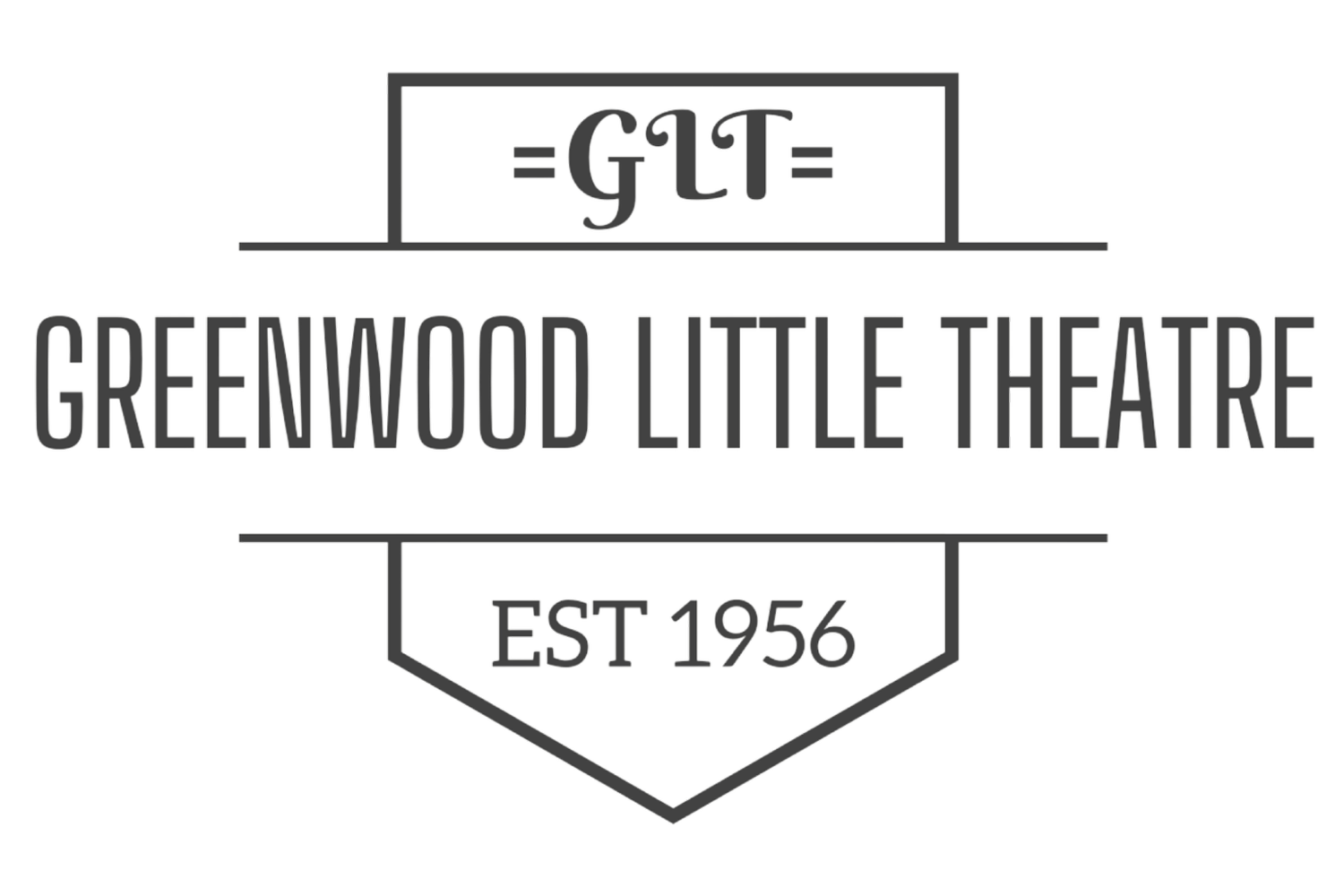Finding Community
After living in the Washington, D.C., area for the past 18 years, my wife, Nancy Hollomon-Peede, and I rented a lovely house outside of Greenwood in 2021 to enjoy a quiet year in our 50s and 60s as we decided what is next in our careers. We were soon found out. As a Mississippi native, I should have known that you cannot live anonymously in the Delta. Now, we have bought a historic home on Crockett Avenue and have found volunteer roles here. I also teach English at Mississippi Valley State University.
Why does a couple without Delta roots move to Greenwood? For us: the friendliness of the community, the affordability of housing, the rich cultural history and the small but vibrant social scene around books and art, upscale restaurants and casual eateries, second-hand shops and welcoming gatherings.
An ordained Baptist minister, Nancy volunteers with the devoted staff of the Greenwood Community Center. She sees firsthand its ministry to the less fortunate. During her long career, Nancy served as the Southern Baptist chaplain at Harvard University and as minister at Northminster Baptist Church in Jackson, to name a few. Her true gift is for spiritual direction—we pray that she will be able to share this ministry here.
Nancy works with the saints, and I work with the sinners. Put another way: She does church, I do culture.
Under President Donald Trump, I served as chairman of the National Endowment for the Humanities and awarded some $10 million to Mississippi institutions and scholars. I also served at the National Endowment for the Arts for eight years under Presidents George W. Bush and Barack Obama and worked closely with Craig Ray, the outstanding director of Visit Mississippi, to direct federal funds to the blues and writers trails.
The creative economy is essential to a thriving future for our community. I have preached this gospel from Maine to Alaska. I’ll repeat it here. According to the Bureau of Economic Analysis, the arts and culture sector contributed nearly $920 billion, or 4.3%, to the nation’s gross domestic product in 2019. That year, the sector made up 2.2% of our state’s GDP. Before the pandemic, U.S. museums drew approximately 850 million annual visits, hundreds of millions more than all major league sporting events and theme parks combined.
Nationwide, the economic impact of the arts and culture sector is larger than that of transportation and warehousing. Think about that as you sit in traffic surrounded by 18-wheelers. Think about the freight trains that we hear passing through town. The creative economy is bigger than the movement of all goods on our highways, railways, skyways, waterways and pipelines.
I propose two initial steps for our community. For long-term planning, we should convene a cultural summit in 2023 with broad nonprofit, local government, and citizen involvement to develop a robust cultural plan. We need strong support for ArtPlace, the Greenwood Little Theatre, the Museum of the Mississippi Delta, and events such as Rhythm on the Rails. We also should consider new cultural festivals and long-term endeavors such as the proposed hiking and biking “rail trail.” If still possible, we should participate in the 2022 Arts & Economic Prosperity survey or undertake a cultural impact inventory aligned with Americans for the Arts metrics. As a board member of the local arts council in Charlottesville, Virginia, I oversaw an earlier Arts & Economic Prosperity survey. I still envy that wealthy city’s public sculpture and “First Friday” merchant programs. But Charlottesville lacked then what we have now: an arts-loving mayor and a cooperative city council. Greenwood is well-aligned to maximize its cultural impact.
As our nation approached its semiquincentennial in 2026, I would ask civic leaders across the Delta: What is being done to nurture our cultural sector, to capitalize on it, to promote it far and wide? Are we claiming both its remarkable beauty and its full complexity? And, if so, how and to what extent? Can we sustain this effort? Can we build upon it? And what are we doing to integrate the cultural sector into the education and lives of the young people who will take over running this unique region?
Culture is big business. Culture is good business. The creative economy is not only the future; it is the present, and it is in many ways the ongoing historic past. I’d welcome continuing this conversation with other in our wonderful community.
Jon Parrish Peede is a visiting writer in residence at Mississippi Valley State University.
